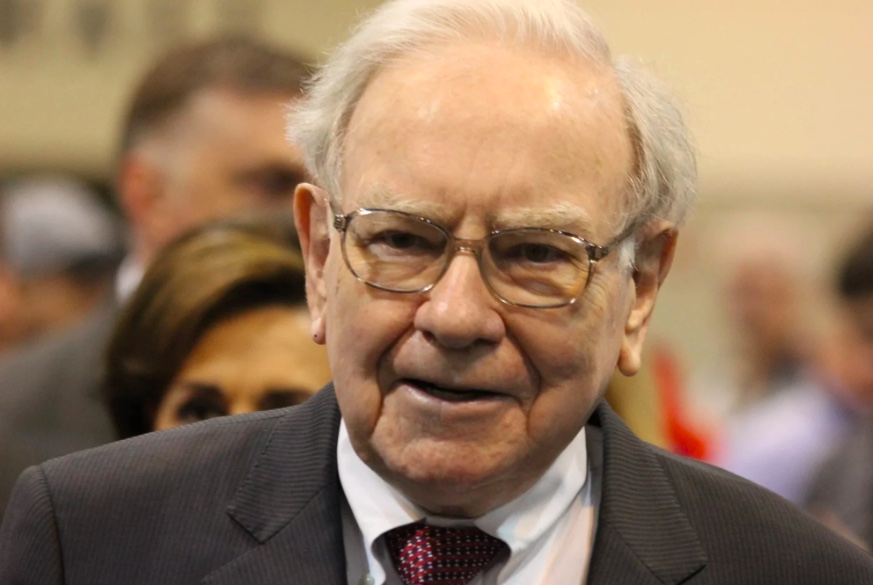When legendary investor Warren Buffett announced at an annual shareholder conference in May that he would step down as chief executive officer of Berkshire Hathaway (NYSE: BRK.A) (NYSE: BRK.B) effective this coming Jan. 1, attendees were shocked. Berkshire Class A shares, which had been trading near all-time highs, fell almost 5% as investors grappled with what his departure would mean for the company.
Buffett has praised his successor, Greg Abel, saying in 2023, "He does all the work, and I take all the bows," and calling Abel "a big improvement over me."
Yet year to date, Berkshire Hathaway shares have returned about 9%, compared to the S&P 500's 15% rise. The underperformance comes as investors rue the loss of the Buffett premium -- the higher price investors were willing to pay for shares of a company with Buffett in charge.

Image source: The Motley Fool.
So, is that skepticism warranted? Or are the markets underestimating Buffett's heirs, who have been personally mentored by the Oracle of Omaha for years and will be taking over an investing juggernaut that retains major institutional advantages?
A look at Buffett's heirs
Greg Abel joined Berkshire in 2000, when Buffett acquired MidAmerican Energy, where he had been president. He rose through the ranks, and in 2018 became vice chairman of Berkshire's noninsurance companies, which include 189 operations ranging from the BNSF Railway to Dairy Queen. He is credited with turning Berkshire Hathaway Energy into a major power producer, after Buffett called the segment one of the four jewels in the company's crown.
Abel is temperamentally similar to Buffett. But his skills lie mostly in operating expertise, and he isn't expected to choose the investments going into Berkshire's portfolio. Instead, Berkshire's vast portfolio will be entrusted to Ted Weschler and Todd Combs, two former fund managers who joined Berkshire in the early 2010s.

NYSE: BRK.A
Key Data Points
Both former fund managers have a track record of success in and out of Berkshire. They encouraged Buffett to make his bold investment in Apple, a move The Wall Street Journal said delivered Berkshire's "biggest windfall" in its six-decade history, and Combs was responsible for adding shares of Visa to Berkshire's portfolio in 2011, which have returned about 2,000% since.
Weschler is known for turning his $70,000 brokerage account into a $264 million fortune, and his fund Peninsula Capital Advisors returned over 1,200% during its lifetime.
The "secret sauce" of Berkshire's success remains
In his 2022 letter, Buffett pointed to explosive dividend growth as "the secret sauce" behind Berkshire's success, pointing out that the company was earning back over 50% of its initial investment in Coca-Cola in the form of dividends each year, and he called the dividend stream "highly likely" to grow.
In the years since, Coca-Cola has raised those dividends by another 21%. Visa has raised its dividend by a stunning 1,473% since being added to the portfolio in 2011. And since Berkshire first bought Apple in early 2016, its dividend has doubled, delivering about $46.8 million each quarter from its approximately 180 million shares.
Today, Berkshire shares have a price-to-earnings ratio of just 16.9, well below the S&P 500 average of 27, indicating investor pessimism that Buffett's successors can replicate his results. But what traders seem to be missing is that Combs, Abel, and Weschler don't necessarily have to be geniuses for the company to continue succeeding on their watch.
The main imperative is to hold on to these terrific companies that increase dividends significantly, year after year, without selling. Or, as Buffett's former partner, the late Charlie Munger, put it, the first rule of compounding is to "never interrupt it unnecessarily."
This is a lesson that Buffett's heirs will have deeply internalized in their years working alongside and learning from the Oracle of Omaha. For investors seeking to potentially multiply their money, Berkshire Hathaway is a buy.